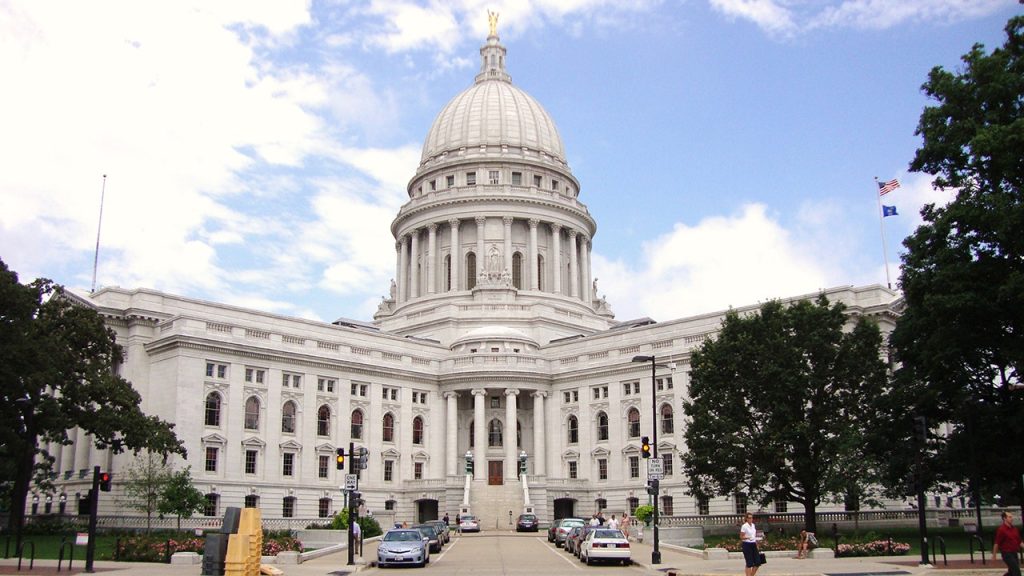The Legislature’s audit committee voted to conduct a comprehensive review of diversity and inclusion efforts across state government after the Assembly’s top Republican expressed his intention to eliminate equity initiatives. The committee voted 6-4 in favor of ordering the Legislative Audit Bureau to undertake the review, with all four Democrats on the panel voting against the proposal. Governor Tony Evers had previously signed an executive order in 2019 mandating that each state agency create and monitor equity and inclusion plans, aimed at addressing employment barriers and promoting inclusion and diversity in the workplace. The review will analyze how agencies have complied with this order, the cost of compliance, and the outcomes, including cabinet-level agencies, other executive branch agencies, the state Department of Justice, and the state university system.
Conservatives across the country have been pushing to restrict diversity, equity, and inclusion initiatives, with Republican lawmakers in around two dozen states introducing bills to limit these efforts. In Wisconsin, Assembly Speaker Robin Vos has announced plans to end diversity efforts in state government, describing such initiatives as “cancerous” and expressing a desire for a society that is “truly colorblind.” Vos recently compelled the Universities of Wisconsin regents to freeze diversity hires, re-label certain positions, and drop an affirmative action hiring program in exchange for funding for staff raises and construction projects. This move has sparked controversy, with Evers’ spokesperson accusing Republicans of politicizing the audit bureau for ideological reasons, while Sen. Eric Wimberger, a Republican co-chair of the audit committee, defended the audit as a means of ensuring tax dollars are used wisely and assessing the effectiveness of DEI initiatives.
The proposal for the audit specifically focuses on delving into the administration’s DEI initiatives, seeking to answer questions about what agencies have done, how much they have spent on compliance, and what outcomes have been achieved. Sen. Tim Carpenter and Rep. Francesca Hong, the Democratic members of the audit committee, issued a joint statement criticizing Vos for potentially using the diversity audit to further political divisions ahead of the November elections. They expressed concerns that Republicans may leverage the audit as justification to terminate diversity programs throughout state government. The audit will encompass a range of agencies and organizations, including cabinet-level agencies, executive branch agencies, the Department of Justice, and the state university system.
The decision to launch a comprehensive review of diversity and inclusion efforts in state government has been met with controversy and divisive opinions. While Republicans argue that the audit is necessary to ensure accountability and assess the effectiveness of DEI initiatives, Democrats and critics worry that it may be used as a pretext to dismantle diversity programs. The debate over diversity and inclusion initiatives is reflective of broader national conversations around the role of such programs and the pushback they have faced from conservative lawmakers. With the audit set to cover a wide range of state agencies and organizations, including the university system, the findings are likely to be closely scrutinized and could impact future diversity and equity efforts in Wisconsin. The partisan divide over this issue highlights the ongoing challenges surrounding diversity and inclusion in government and society at large.
Overall, the decision to conduct a review of diversity and inclusion efforts in Wisconsin reflects the larger debate around these initiatives and their place within state government. The audit is expected to provide valuable insights into the efficacy and cost of DEI programs across a range of agencies and organizations. However, the partisan divide over the issue highlights the challenges in reaching consensus on how best to address diversity and inclusion in the state. As the audit progresses, it is likely to continue to spark debate and controversy, reflecting the broader national conversation around diversity, equity, and inclusion initiatives. Ultimately, the findings of the audit will play a crucial role in shaping future policies and programs related to diversity and inclusion in Wisconsin.


